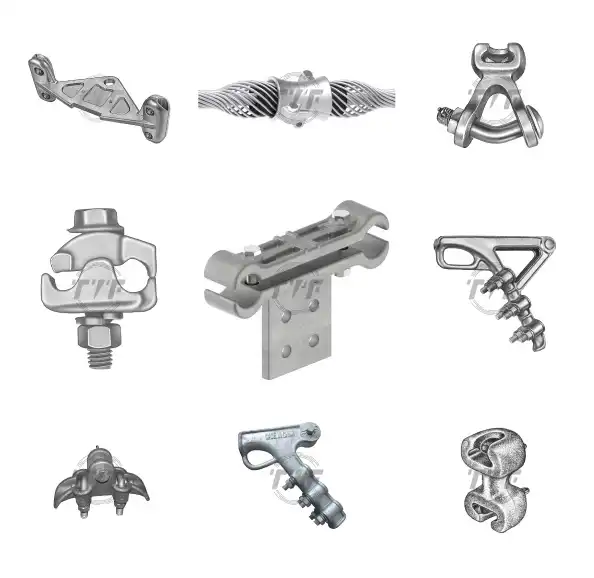A suspension insulator is a component used to serve similar purposes in ADSS and OPGW installations. It is also known for providing electrical insulation and mechanical support to conductors. Suspension insulators support and insulate fiber optic cables from the support structures. They protect the fiber optic cables from electrical interference. They also ensure reliable communication signals. The insulators also prevent interference between the optical fibers and the electrical components. They block the flow of electrical current and maintain signal integrity. Suspension insulators also help distribute the weight and withstand environmental stresses. This is including wind, ice and conductor tension. Suspension insulators for ADSS and OPGW cables are from materials with high-dielectric strength. The materials offer electrical insulation and mechanical durability while being lightweight. ADSS and OPGW suspension insulators ensure reliable communication signals and electrical grounding.
Functions and uses of suspension insulator for ADSS and OPGW cables
Suspension insulators are important in supporting and protecting ADSS and OPGW cables. They help to ensure their performance, reliability and durability. They also help to maintain cable alignment and protects against environmental hazards. The following are the common functions of suspension insulators in ADSS and OPGW cable support.
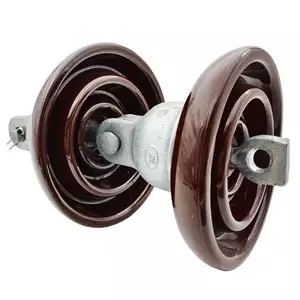
- Electrical insulation – suspension insulators provide electrical insulation to ADSS and OPGW installations. They help prevent electric currents from flowing through the cables to the support structure. This helps maintain the signal integrity and protects the equipment from electrical interference.
- Cable support and alignment – the insulators serve as attachment points for ADSS and OPGW cables. It holds them in place to maintain their desired position. They help distribute the weight of the cables and prevent excessive bending.
- Signal interference prevention – the insulators prevent signal interference and crosstalk between adjacent cables. This is to ensure the communication signals send through the optical fibers in ADSS cables.
- Safety and reliability – the insulators contribute to the safety and reliability of ADSS and OPGW cable systems. This is by providing electrical insulation, mechanical support and environmental protection. They also ensure uninterrupted communication and electrical grounding in various operating conditions.
- Mechanical support – the insulators provide mechanical support to ADSS and OPGW cables. This is to help them bear their weight and withstand stresses. The insulators also ensure proper alignment to reduce sagging and is of damage.
- Environmental protection – suspension insulators protect the cables from moisture, pollution and UV radiation. This helps to prevent degradation of the cable material and ensure reliable operation.
- Maintenance of grounding functionality – the insulators help to maintain the grounding functionality. They provide support for alignment and contact with support structures. This helps to dissipate electrical currents and protect them against lightning strikes.
Applications of a suspension insulator
Suspension insulators work in ADSS/OPGW cables and electrical power systems. They support overhead power transmission and distribution lines. They are from porcelain, glass or composite materials. These materials have designs to withstand mechanical stresses, electrical voltage and environmental conditions. The following are the main areas of applications for the suspension insulators.
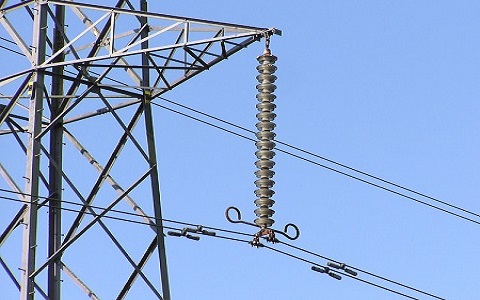
- Telecommunication networks – the insulators support aerial cables used in transmitting voice, data or internet signals.
- Railway electrification – suspension insulators in railway systems provide insulation and support. This is to support the overhead wires that supply power to electric trains. This ensures safe and efficient transmission of electricity.
- Distribution lines – the insulators work in medium voltage distribution lines. This is to support and insulate conductors. These are in urban and rural areas to deliver electricity from substations to residential, commercial and industrial areas.
- River crossings – suspension insulators work in crossings and river spanning locations. This is where power lines need support over water bodies, valleys or other obstacles. This ensures the safe and reliable transmission of electricity across the challenging terrains.
- High voltage transmission lines – these insulators support the high voltage transmission lines. They keep the conductors at a safe distance from the supporting towers and the ground.
- Substations – such insulators support bus bars, transformers and other equipment. They also provide isolation, ensuring the current flows only through the desired paths.
- Renewable energy projects – suspension insulators connect power generation facilities to the electrical grid. They work in wind farms and solar power plants.
- Heavy industrial applications – suspension insulators work in heavy industrial settings. This is including steel plants, refineries and mining operations. They support the power lines in areas where mechanical stresses and environmental conditions are more demanding.
- Extreme weather conditions – suspension insulators can withstand adverse weather conditions. This includes conditions like strong winds, ice and heavy snow.
Price considerations and comparisons for suspension insulators
There are several factors that influence the price of suspension insulators. This includes material, design, size, voltage rating and quantity. There are also different buyers in the market who can have different prices. Also, it is advisable to compare prices from different sources to make an informed decision. Porcelain suspension insulators for 33kV unit price ranges between $10-$30 per insulator. Toughened glass suspension insulators with same voltage range between $20-$50 per insulator. Composite insulators for the same voltage range between $15-$40 per insulator. It also helps to get the best value for your investment. The following are the factors affecting suspension insulator costs.
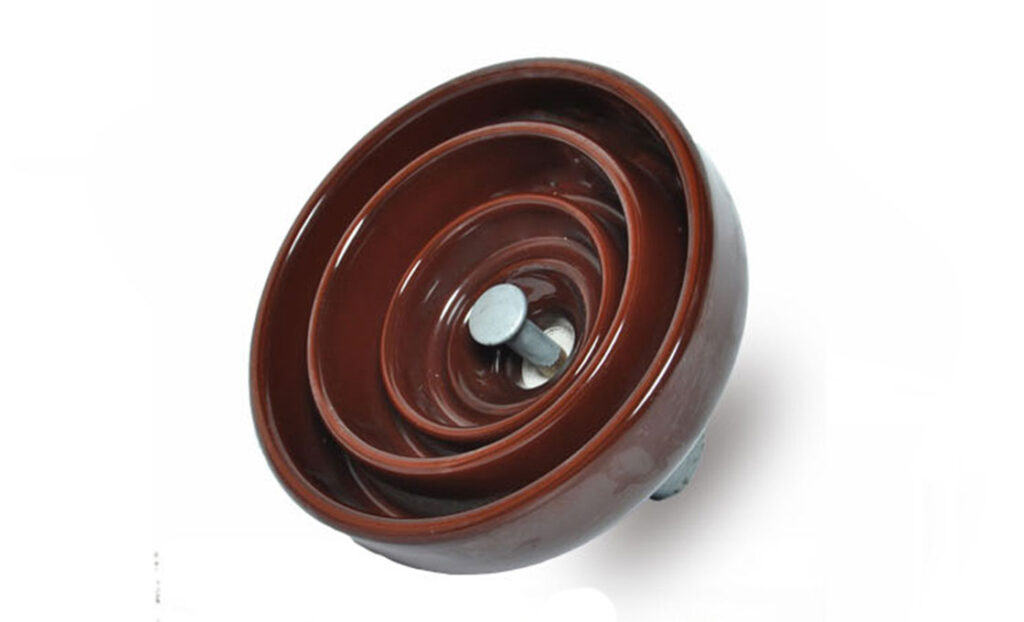
- Material – the insulators are from porcelain, toughened glass or composite materials. Porcelain materials are more affordable compared to toughened glass or composite insulators.
- Voltage rating –insulators are available in various voltage ratings to suit different applications. Insulators with high voltage ratings have higher prices due to their need for stronger materials.
- Brand and supplier – consider the brand and reputation of the supplier which can influence the price. Established suppliers may charge higher prices based on their reputation for quality.
- Design and size – consider the number and size of the insulator discs during selection. Larger and more complex insulators have higher prices due to production costs.
- Quantity – bulk purchases may qualify for some volume discounts or special pricing. Larger quantities can help reduce the unit cost of insulators for large scale projects.
Supplier and vendor information for suspension insulators
There are several suppliers and manufacturers offering different brands of suspension insulators. Selecting the right supplier is important to ensure quality and customer service. There are various resources that can help find suppliers for suspension insulators. TTF Power Technology offers a wide range of suspension insulators for different voltgae ratings. Additionally, there are factors to consider when selecting suppliers for suspension insulators. The following are the factors influencing suspension insulator supplier selection.
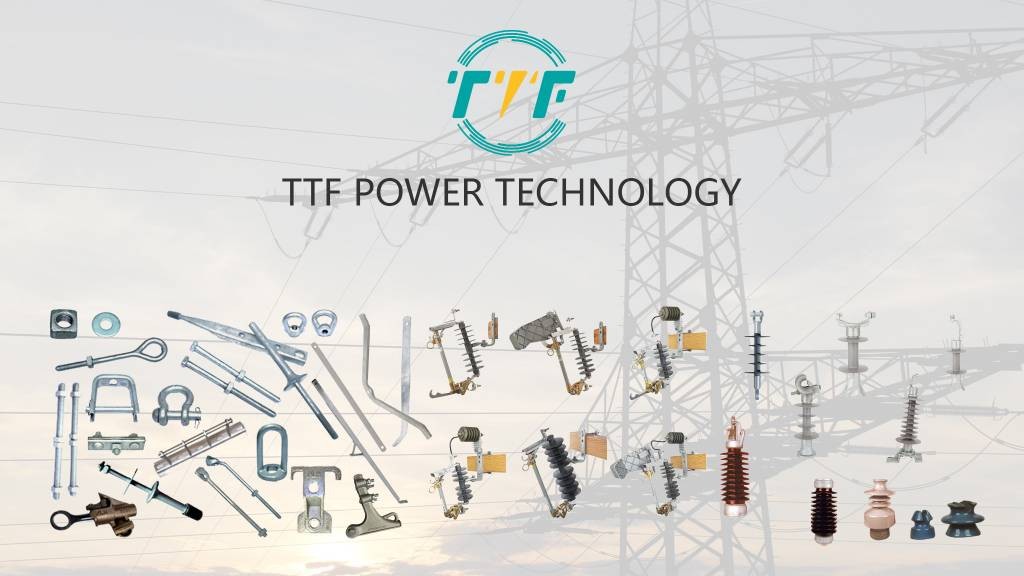
- Product quality – check the suppliers record for providing quality suspension insulators. Check for certifications or quality assurance processes that show their commitment to product quality.
- Technical support – check if the supplier offers technical support with product selection, customization or installation.
- Supply chain and logistics – check their supply chain and logistics capabilities. This is to ensure timely delivery of suspension insulators. Check their lead times, inventory management, coverage and shipping options.
- Financial stability – consider their financial stability to ensure continuity of supply. Analyse financial statements, credit ratings and any information on financial health.
- Customer service and support – check the supplier’s responsiveness to inquiries, communication channels and handling of post-sales issues.
- Cost considerations – compare pricing from many suppliers to ensure competitiveness and value for money. Consider upfront costs, shipping costs, payment terms and extra fees.
- Manufacturing capabilities – check the supplier’s manufacturing capabilities. This is including production capacity, technology and quality control processes.
- Location – check the supplier’s location and proximity to your project sites. This helps to reduce shipping costs, lead times and logistical complexities.
Community forums and engagement for suspension insulators
Community forums related to suspension insulators can help with sharing knowledge and advice. They also help to stay informed about industry trends, exchange ideas and enhance your knowledge in electrical engineering. The following are the common suspension insulator community forums.
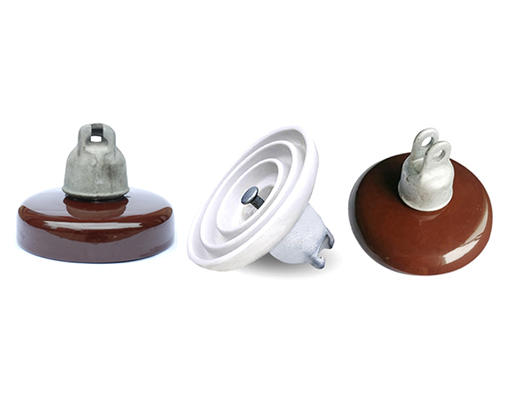
- Technical workshop and training – these are from industry organizations and educational institutions. The events provide hands-on demonstrations and discussions on insulator technology.
- Webinars and online events – attend webinars, online seminars or virtual conferences focused on electrical infrastructure.
- Social media platforms – follow relevant accounts on social media platforms like Twitter, Facebook and Instagram. Engage with posts, share insights related to suspension insulators.
- Online forums and discussion boards – join online forums dedicated to electrical engineering and power transmission. Visit websites like Electrical Engineering Stack Exchange, Eng-Tips Forums or Electric power & Transmission Engineering Forum.
- LinkedIn groups – join groups related to electrical engineering, power distribution or utility infrastructure. Search for groups that discuss industry trends, best practices and challenges related to suspension insulators.
Frequently asked questions
Suspension insulators are components used to support and insulate conductors from support structures. They prevent electrical current from flowing through the tower to ensure safe transmission of electricity.
Consider product quality, manufacturing capabilities, experience, technical support and price. Also consider supply chain, customer service, financial stability and location.
Consider electrical insulation, mechanical support, resistance, maintenance of grounding functionality and prevention of signal interference.

